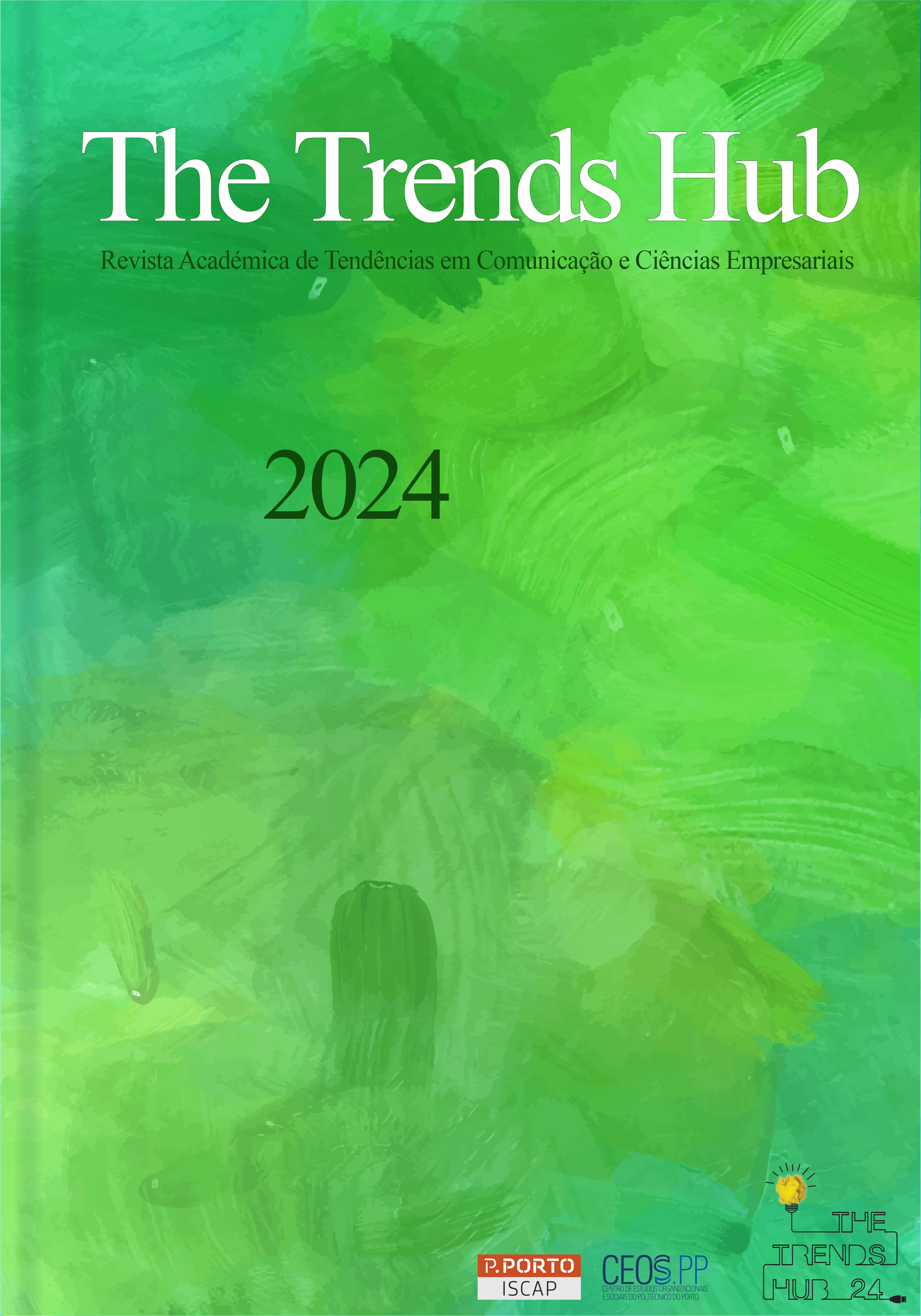Marketing Language to Make Renewable Energy Accessible to All
DOI:
https://doi.org/10.34630/tth.vi4.5702Keywords:
Marketing, Renewable Energy, Communication, Acessibility, SustainabilityAbstract
This article addresses the importance of marketing language in promoting public understanding of renewable energies, which is essential for a sustainable future. It stresses the need to find a communicative balance: overly technical terms can divert the public's attention, while extreme simplification can undermine credibility. A middle ground is advocated, where technical terms are introduced progressively with clear explanations, making the complex accessible without losing precision. This balance not only informs, but also inspires action, transforming public perception and encouraging active participation in the energy transition. The text highlights the crucial role of marketing as a bridge between technical innovation and public support and adoption, which is fundamental to the diffusion and acceptance of renewable energy technologies.
References
Darmawi, Sipahutar, R., Bernas, S. M., & Imanuddin, M. S. (2013). Renewable energy and hydropower utilization tendency worldwide.
Daugherty, T., Eastin, M. S., & Bright, L. (2013). Exploring Consumer Motivations for Creating User-Generated Content.
Dellaer, B. G. C., & Stremersch, S. (2005). Marketing Mass-Customized Products: Striking a Balance between Utility and Complexity.
Gonçalves, G., & Felippi, Â. (2014). COMUNICAÇÃO, DESENVOLVIMENTO E SUSTENTABILIDADE (Vol. 2).
Herbes, C., & Friege, C. (2017). Marketing Renewable Energy.
Higham, J. P., & Hebets, E. A. (2013). An introduction to multimodal communication.
IRENA. (2020). Global Renewables Outlook: Energy transformation 2050.
IRENA. (2021). Renewable Energy and Jobs – Annual Review 2020.
Koch, T. (2017). Again and again (and again): A repetition-frequency-model of persuasive communication.
Kotler, P., & Keller, K. L. (2016). Marketing Management.
Licsandru, T. C., & Cui, C. C. (2018). Subjective social inclusion: A conceptual critique for socially inclusive marketing.
Moraga-González, J. L., & Padrón-Fumero, N. (2002). Environmental Policy in a Green Market.
Nicolini, M., & Tavoni, M. (2017). Are renewable energy subsidies effective? Evidence from Europe.
Reddy, S., & Painuly, J. P. (2004). Diffusion of renewable energy technologies—barriers and stakeholders’ perspectives.
REN21. (2023). Relatório Global de Energias Renováveis 2023.
Robins, F. (2015). The Teaching of Marketing Strategy.
Robson, G. J. (2018). The threat of comprehensive overstimulation in modern societies.
Rubin, D. L., & Piché, G. L. (1979). Development in Syntactic and Strategic Aspects of Audience Adaptation Skills in Written Persuasive Communication.
Sweller, J., & Chandler, P. (2009). Why Some Material Is Difficult to Learn.
Wiser, R. H. (2010). Green power marketing: increasing customer demand for renewable energy.
Downloads
Published
How to Cite
Issue
Section
License
Copyright (c) 2024 The Trends Hub

This work is licensed under a Creative Commons Attribution-NonCommercial-NoDerivatives 4.0 International License.


